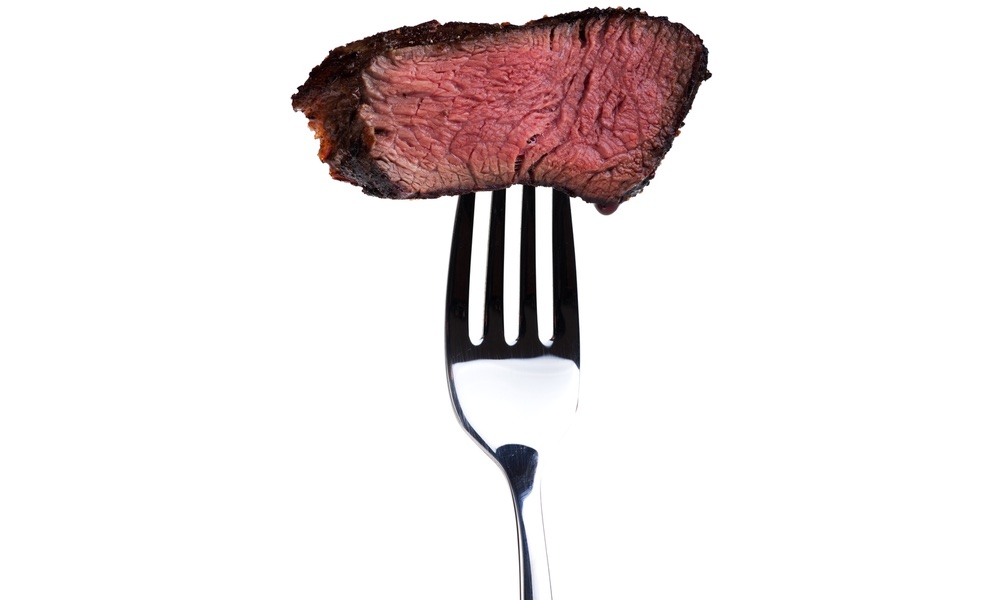Diabetes is not only a serious health burden on its own, it is also a major risk factor for cardiovascular disease, kidney disease, cancer and dementia.
Information on the diets of over 216,000 participants in three long-term studies — the Nurses' Health Study (NHS), NHS II, and Health Professionals Follow-up Study (HPFS) — was used in the research conducted by Harvard T.H. Chan School of Public Health. Participants filled out questionnaires on how frequently they ate a variety of foods every two to four years, for up to 36 years.People who ate the most red meat had a 62 percent higher risk of developing type 2 diabetes compared to those who ate the least.
More than 22,000 participants developed type 2 diabetes over the study period.
“Our findings strongly support dietary guidelines that recommend limiting the consumption of red meat, and this applies to both processed and unprocessed red meat,” said first author Xiao Gu, postdoctoral research fellow in the Department of Nutrition.
A link between red meat consumption and type 2 diabetes risk had been seen in previous studies, but this study, which analyzed a large number of type 2 diabetes cases among participants being followed for an extended period of years, adds a greater level of certainty about the association.
“Given our findings and previous work by others,” senior author Walter Willett, professor of epidemiology and nutrition, said, “a limit of about one serving per week of red meat would be reasonable for people wishing to optimize their health and wellbeing.”Every additional daily serving of unprocessed red meat was associated with a 24 percent rise in risk.
The study is published in the American Journal of Clinical Nutrition.





